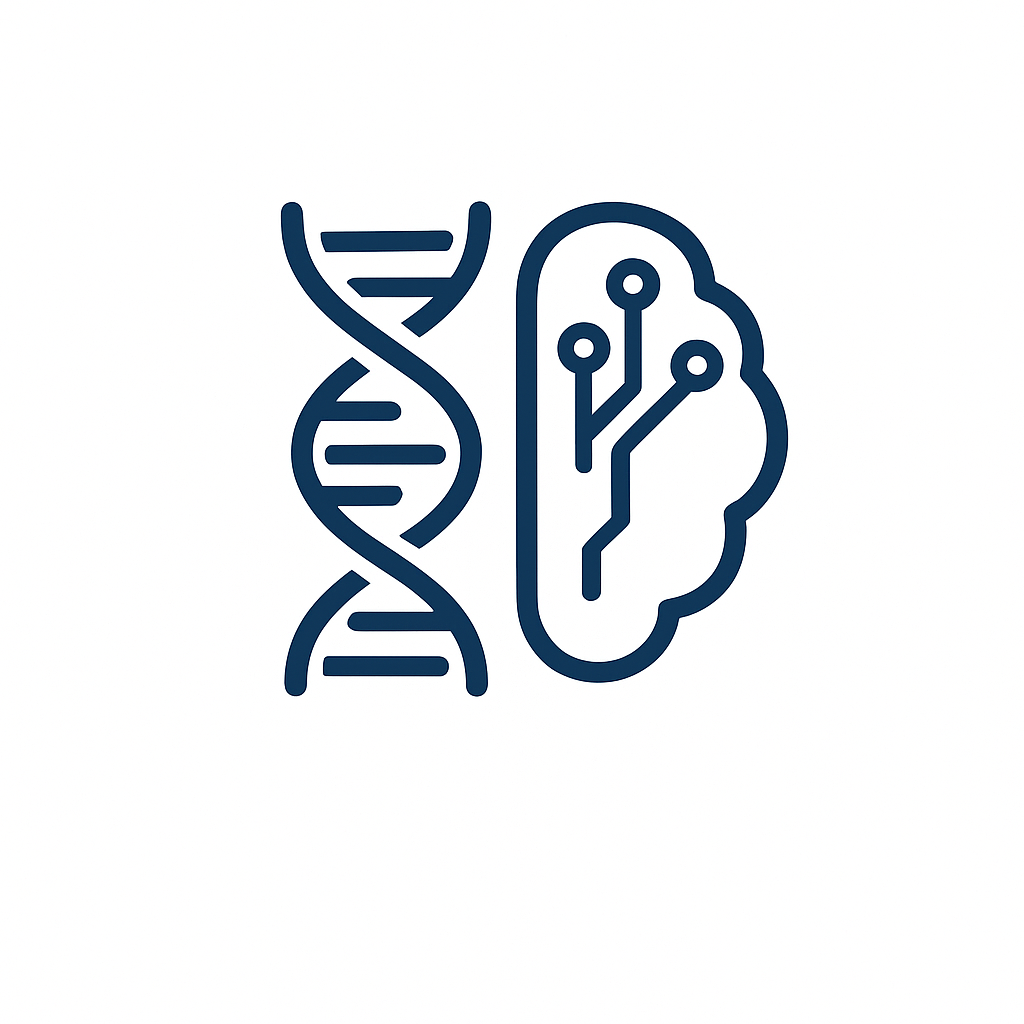Daily Gene Facts
Discover amazing facts about human genetics
AI Analytics
Advanced ML-powered gene clustering and predictions
Gene Networks
Explore gene associations using Hetionet database
Smart Suggestions
Get personalized gene search recommendations
Trending Genes
Explore currently researched genes
Gene Quiz
Test your genetic knowledge
AI Assistant
Chat with our intelligent gene research assistant
Gene Browser
Our comprehensive gene browser and statistics
Drugs & Trials
Find clinical trials and pharmacogenomics data

